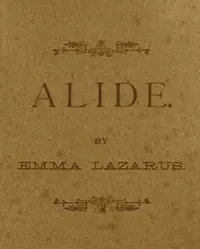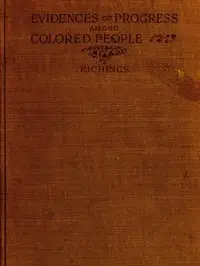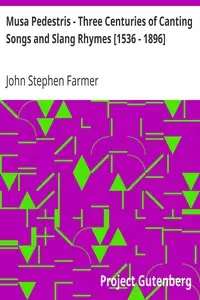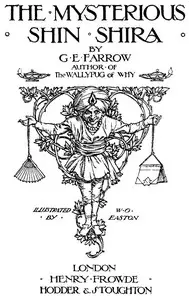"Alide: An Episode of Goethe's Life" by Emma Lazarus is a novel written in the late 19th century. The story revolves around the young poet Johann Wolfgang von Goethe and his interactions with the Duroc family, particularly focusing on Alide, the charming younger daughter whose spirited nature captivates him. The narrative intertwines elements of Goethe's life with fictionalized accounts of his early romances and social encounters. At the start of the novel, readers are introduced to Dr. Julius Steck, a cover for Goethe, as he ventures to the Duroc household. As he arrives with his friend Max Waldstein, Goethe's vibrant and artistically inclined character is contrasted with the pastoral world of the Durocs, setting up an engaging exploration of his infatuation with Alide. Their initial interactions are filled with warmth and humor, while the family dynamics and picturesque rural setting add depth to the story. The opening sets the scene for a romantic unfolding that highlights not just the charm of young love, but also Goethe's reflective nature and desire to connect with a life beyond the academic, inviting readers into a literary journey rich with emotion and identity. (This is an automatically generated summary.)

Alide: an episode of Goethe's life.
By Emma Lazarus
"Alide: An Episode of Goethe's Life" by Emma Lazarus is a novel written in the late 19th century. The story revolves around the young poet Johann Wolf...
Emma Lazarus was an American author of poetry, prose, and translations, as well as an activist for Jewish and Georgist causes. She is remembered for writing the sonnet "The New Colossus", which was inspired by the Statue of Liberty, in 1883. Its lines appear inscribed on a bronze plaque, installed in 1903, on the pedestal of the Statue of Liberty. Lazarus was involved in aiding refugees to New York who had fled antisemitic pogroms in eastern Europe, and she saw a way to express her empathy for these refugees in terms of the statue. The last lines of the sonnet were set to music by Irving Berlin as the song "Give Me Your Tired, Your Poor" for the 1949 musical Miss Liberty, which was based on the sculpting of the Statue of Liberty. The latter part of the sonnet was also set by Lee Hoiby in his song "The Lady of the Harbor" written in 1985 as part of his song cycle "Three Women".









